Is an expensive fan worth it? 5 features it's worth investing in to see you through many summers
I took the plunge and invested in an expensive fan and it was one of the savviest purchases I've made in years
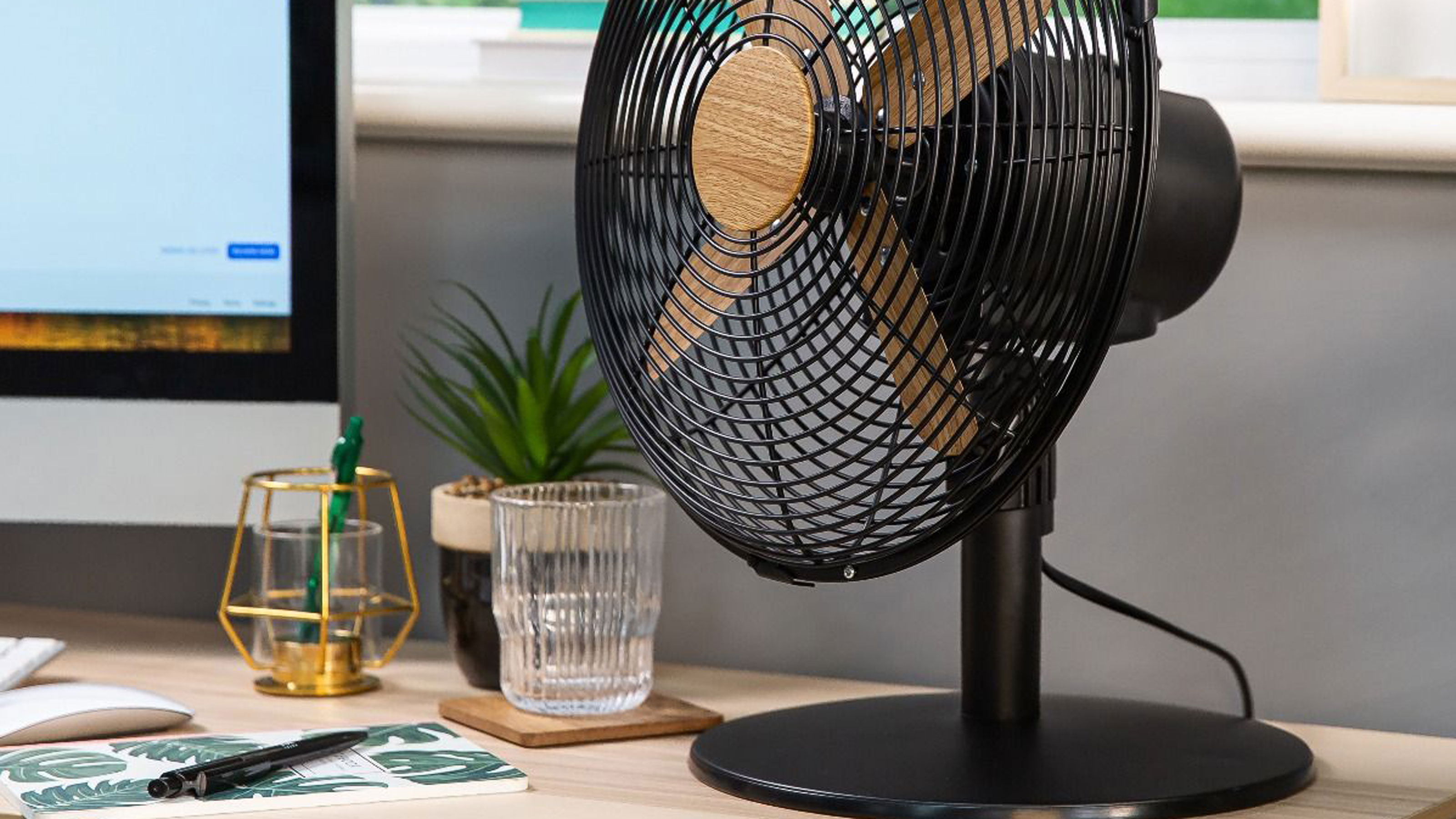

Three summers ago I made the bold decision to invest in what I considered to be 'an expensive fan'. I paid £160 for a Whisper Duux fan, making it over 4 times more expensive than the budget Argos fan that had seen me through my early twenties. However, three years on I am completely convinced that sometimes an expensive fan is worth it, let me explain.
Fans can range hugely in price, at the bottom end you have the £25 desk models, and at the top end of the price range, you have the bladeless Dyson fans coming in at over £600. Since expensive will mean different things to different people to clarify what I mean by expensive I'm talking about any fan that crosses that £100 mark.
Currently, out of all the fans we've tested at Ideal Home, the best fan that came out on top, the Maeco's MeacoFan 1056 Air Circulator, crosses this £100 mark. In the grand scheme of electrical appliances, this is about what you'd pay for a good basic vacuum cleaner or air fryer. But in a country where the temperature only stretches beyond 20 degrees for two months a year (if we're lucky) the meaning of expensive is far lower than it would be something you'll use all year round.
But with each summer seemingly getting hotter, I'm going to explain why I decided an expensive fan was worth it, and why you should consider it too.
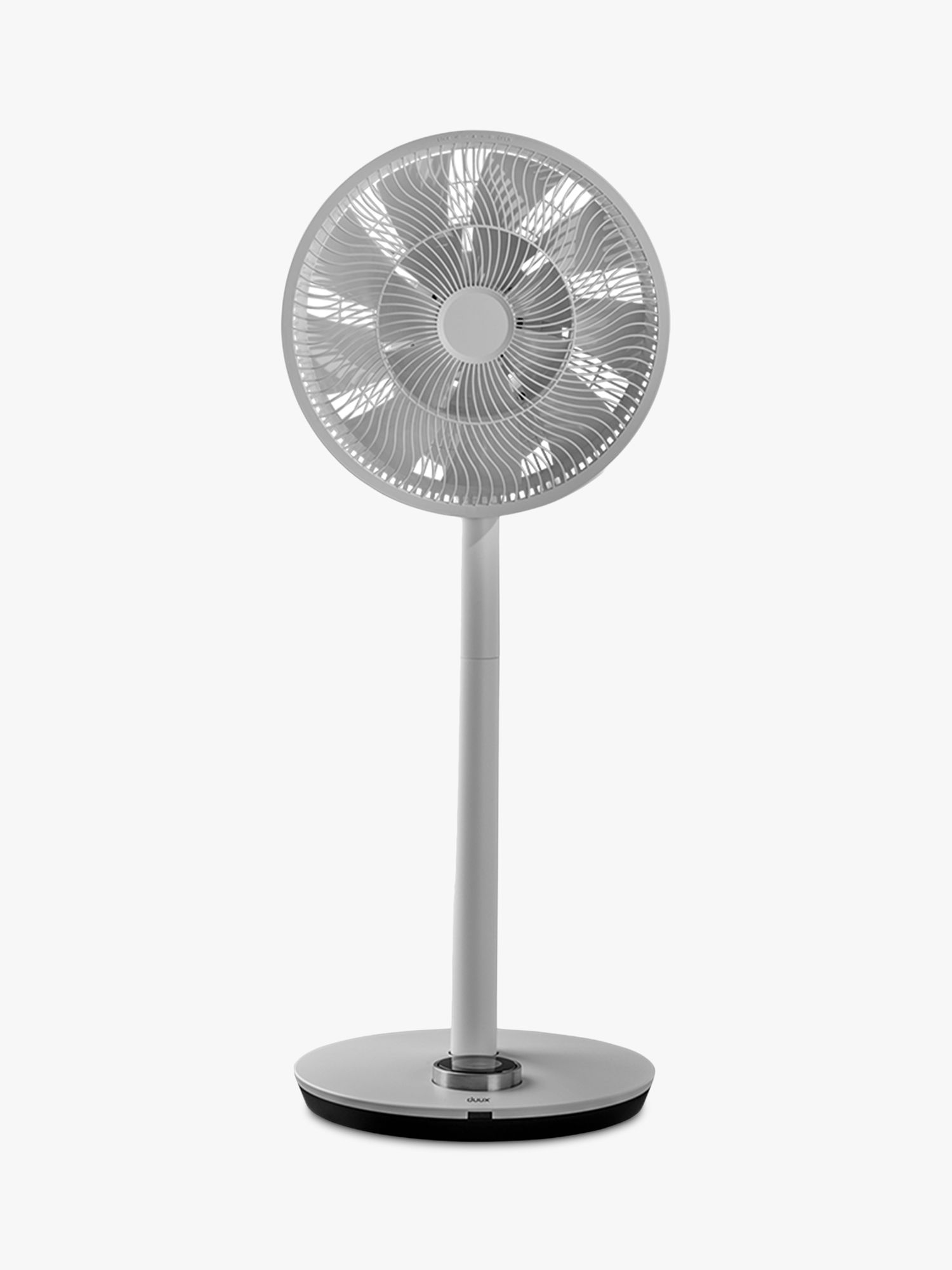
Almost silent on the lower power settings, this fan has been worth every penny. It features a blissful 'natural breeze' mode and can be controlled from your phone or linked to a home voice assistant.
1. Noise-levels
In my experience, there are a couple of reasons I think an expensive fan might be worth investing in. The most obvious benefit of paying more is that they are so much quieter, which is essential for light sleepers who want to keep a bedroom cool in summer.
'More expensive fans use DC (direct current) motor technology resulting in lower noise and greater energy efficiency. Low noise to help get a good night's sleep is the main reason people invest in more expensive fans,' explains Chris Michael, Meaco's Managing Director.
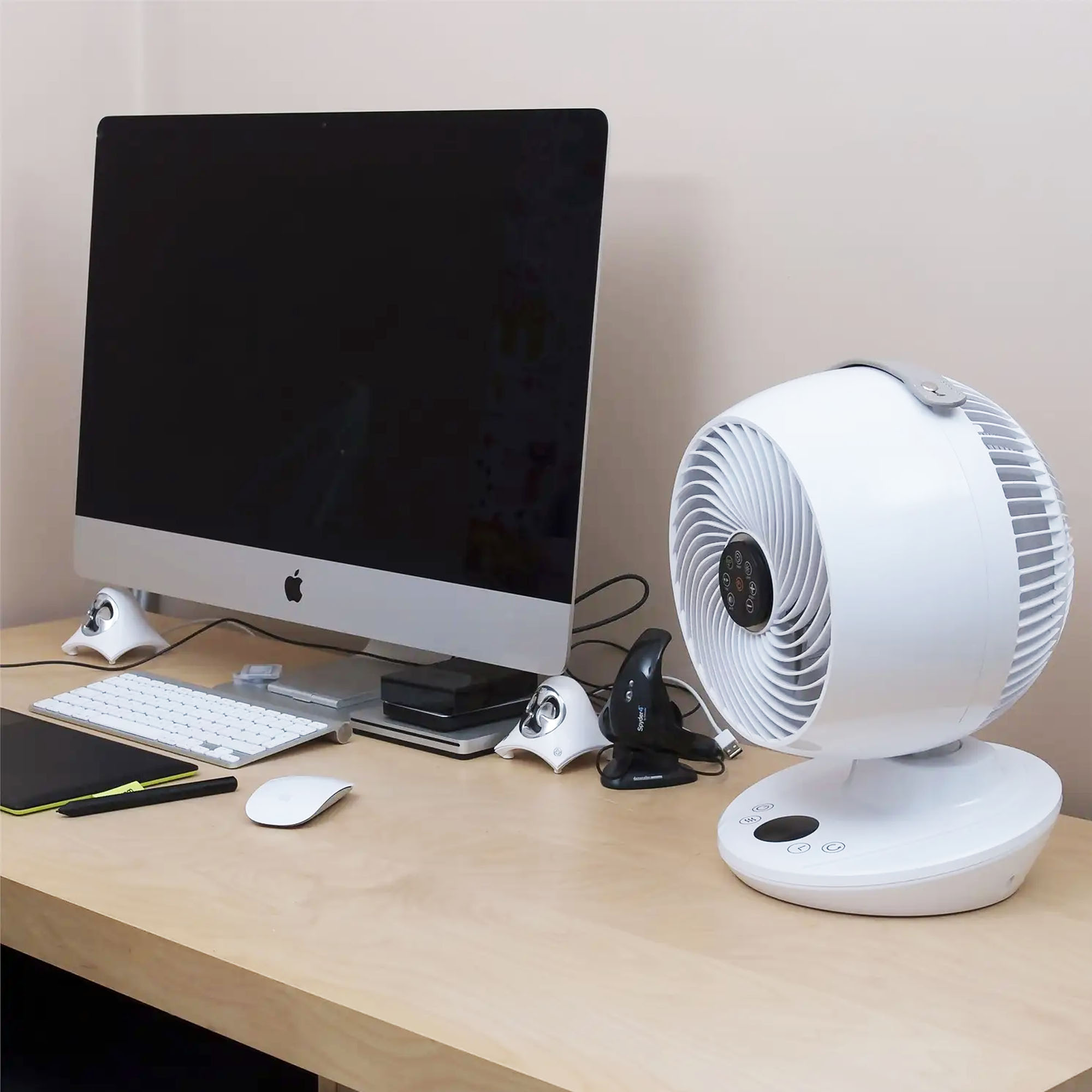
'Cheap fans are typically AC (alternating current) fans. AC fans are less expensive to manufacture compared to DC fans. The lower cost is due to simpler motor design and fewer components required for operation and fewer features. However, while AC fans are cheaper upfront, they are less energy-efficient and are significantly noisier.'
This has been the main thing I've noticed with my Duux fan, it is powerful but quiet. It makes the budget desk fan I keep on hand for guests sound like metal being put through a grinder.
2. More powerful
Power and fan speed is another key reason to fork out more for a fan. Our sleep editor Amy Lockwood who tested and reviewed many of the fans on the Ideal Home website points out that this is key if you want your fan cooling a whole room, not just one person.
'An expensive fan is generally far more powerful meaning you can create air circulation in a much larger area - like an entire room with the powerful Meaco fan that is top of our guide- which thanks to its added oscillation can bounce air around an entire room rather than having to be pointed at just one person,' she explains.
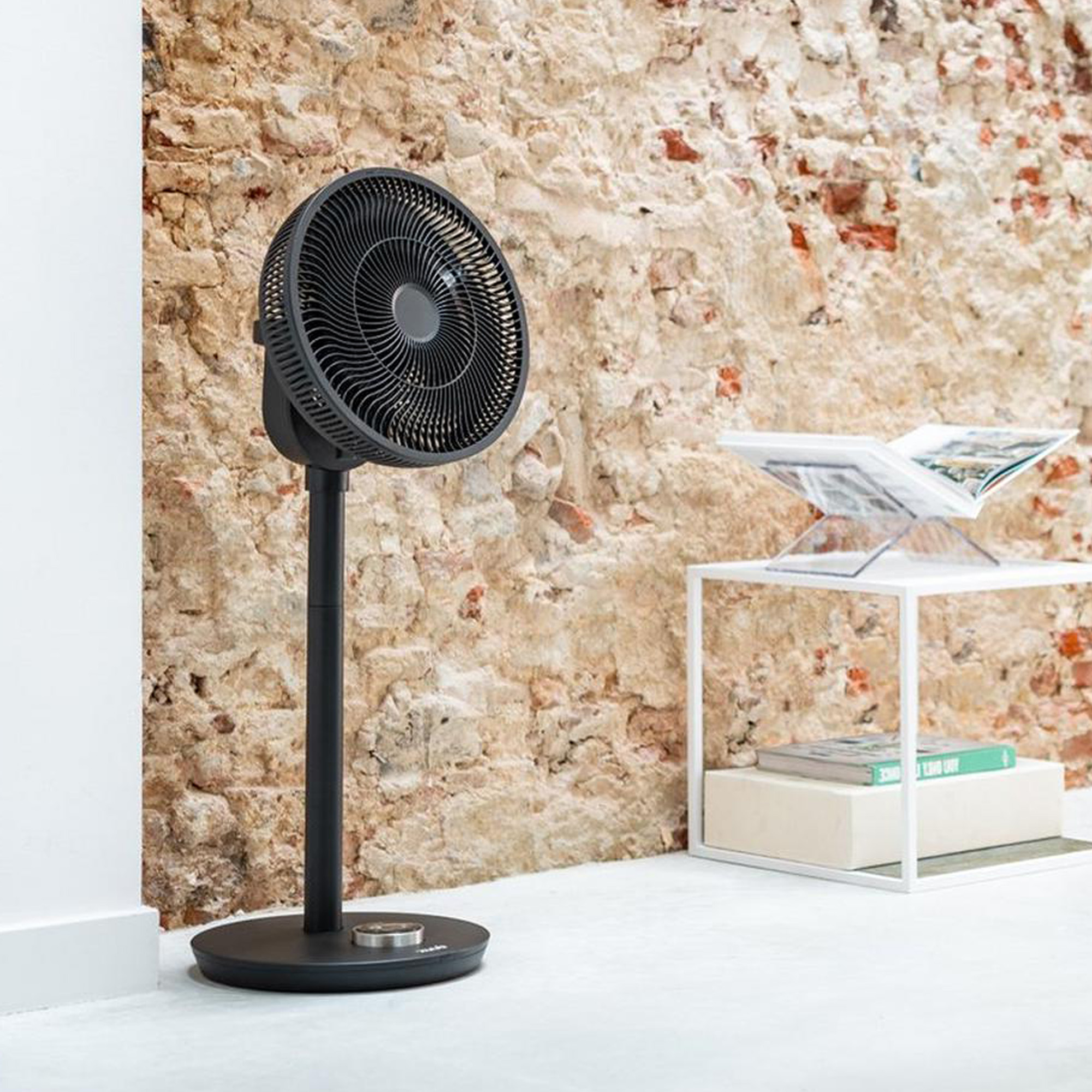
3. Save money in the long-term
Another reason to spend a bit more money on a fan is relevant to any appliance. More expensive fans are usually more energy-efficient, which means your fan will cost less to run and they usually come with a longer warranty so will last longer.
'A more expensive fan can cost less in the long term due to lower energy consumption and better build quality,' says Chris from Maeco. 'If used for 12 hours per day from between May to September you would expect to pay around £18 for a DC fan in energy bills opposed to £55 from using an AC fan. The warranty for more expensive fans is normally longer than a cheap fan, indicating superior build quality and that the fan is going to last longer.'
Do remember that while fans don't actually cool the air, they will make you feel cooler, and a well-built fan will do this incredibly well.
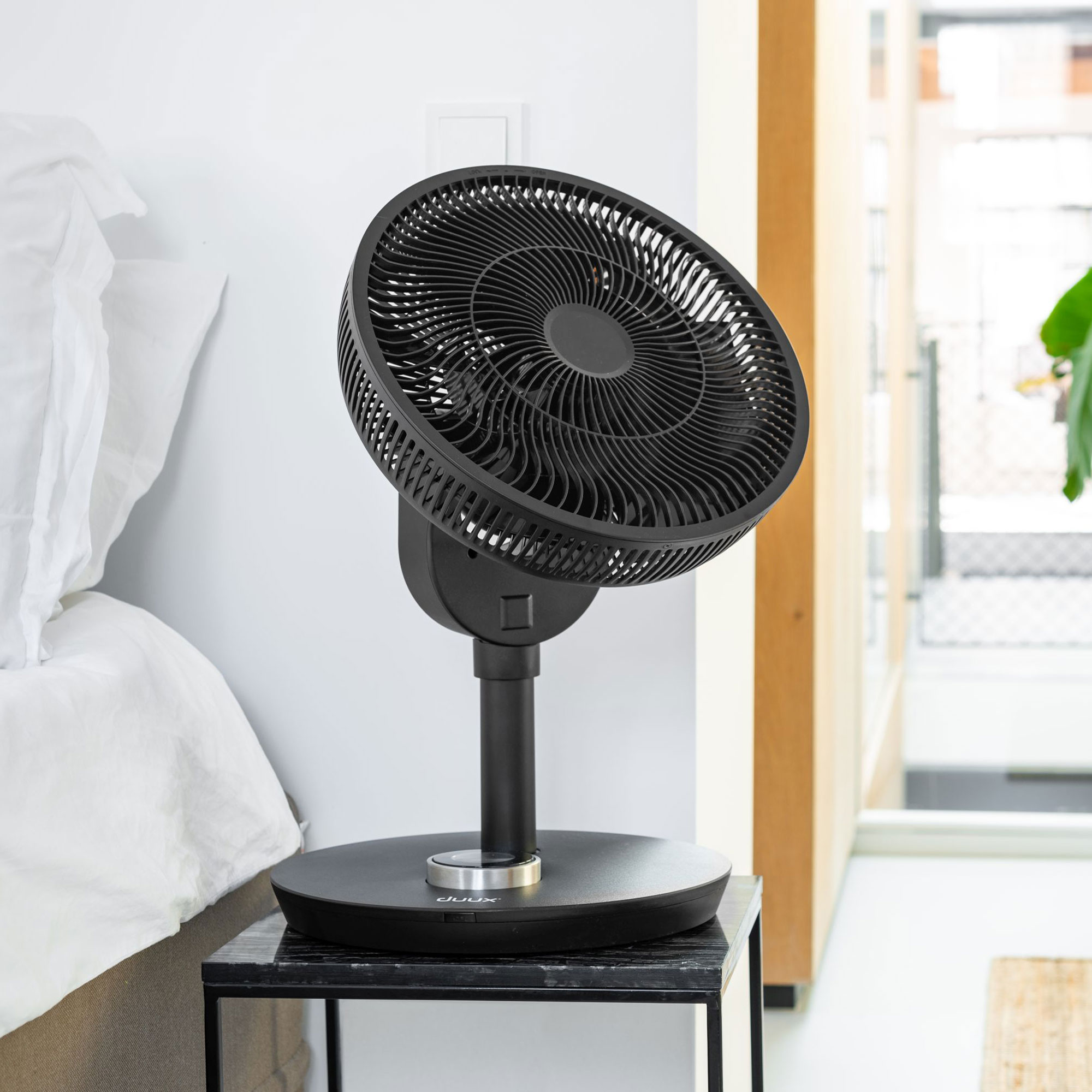
4. Safety considerations
A big difference between fans that will impact price is if you want to go for a bladeless fan. This style of fan is perfect for slotting into small bedroom ideas as they take up less space. They also are safer to use around young children. For nearly every brand, opting for a bladeless style will come with a premium.
'The fans on the market can differ in price considerably but it depends on your purpose for the fan as to whether it is worth paying the premium prices,' Jemma Pendlebury, Product Manager at Product Care Group.
'If you want to simply keep a room cool, then a bladed desk or pedestal fan is a reliable option. The Russel Hobbs 12” Metal Desk Fan range has 3 speed options and a 90° oscillating feature for £49.99. For those who want additional features, a bladeless fan is a popular choice.'
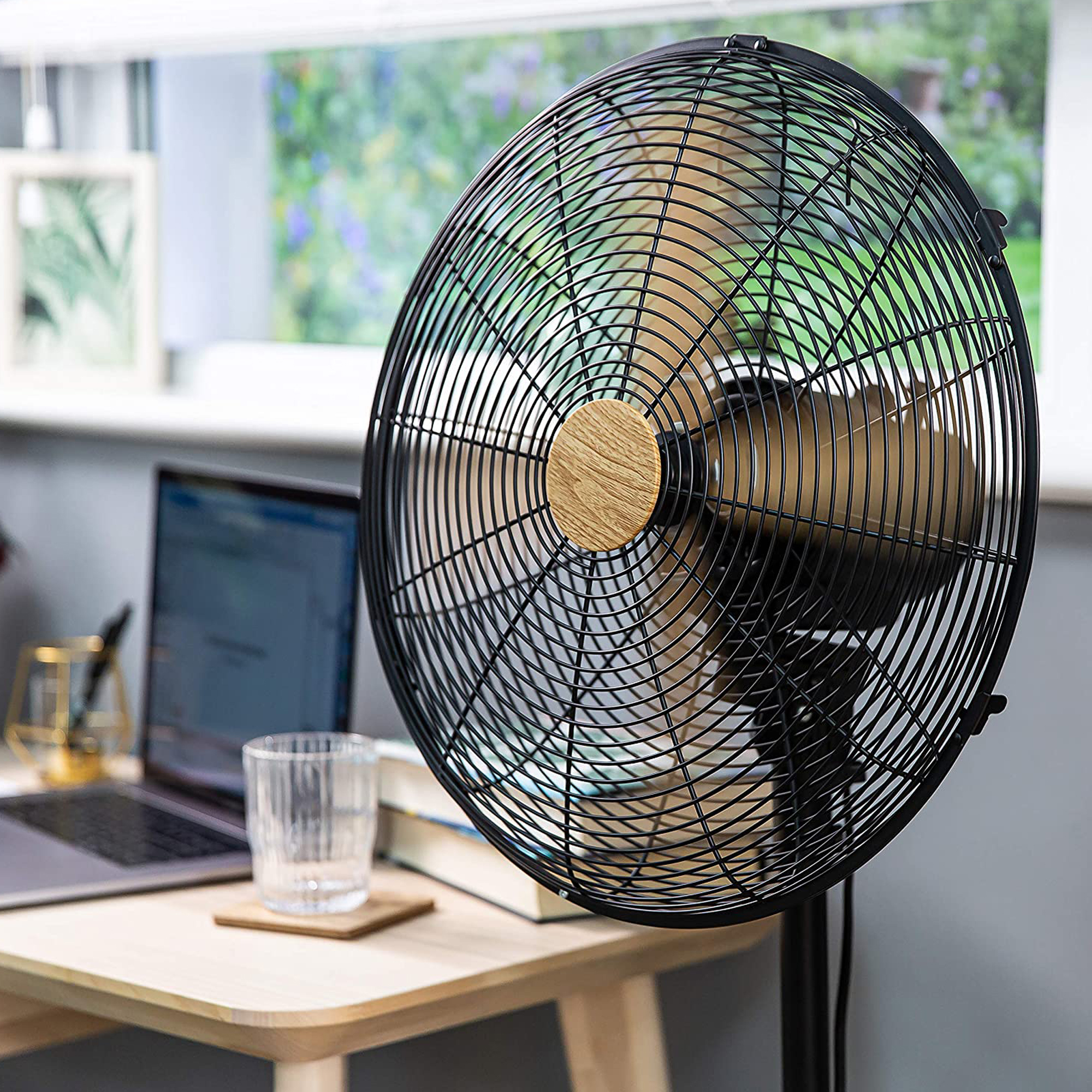
'The Russell Hobbs Bladeless Quiet Tower Fan is priced at £119.99 and has 10 speed options, an oscillating function, a purification feature to filter the air, a 12-hour timer and SMART and sleep mode. The bladeless fan is favoured among households with young children due to it being an extra safe option thanks to its bladeless design, also making it worth a more premium price.'
5. Going Wireless
While a small handheld rechargeable fan isn't going to cost you much, if you want to be able to use a large pedestal-style fan without a cable you are going to have to pay a bit more.
For example, the second top-rated fan in our fan buying guide is the Duux Whisper Flex Ultimate Fan an upgraded version of the fan I originally invested in. It is priced at £209 at Curry's at the moment, and the key difference is that it is completely wireless with a 12-hour battery life.
Personally, I've not felt the need to invest in a wireless fan, but if you're short on plugs and space it might be a smart investment for you.
How much should you spend on a fan?
This is hard to answer as it will all rest on the budget you have available. However, if you can stretch to just over £100 I would recommend it as this seems to be the magic threshold over which you'll get access to fans that include many of the above qualities.
But to help decide on your own budget for a new fan it is worth considering what you want to get out of it. 'Consider factors like noise levels, how much air the fan moves, energy efficiency, fan features, length of warranty and consumer/media reviews about the product/brand,' recommends Chris at Maeco.
'With more expensive fans being purchased primarily to help sleep consider a pedestal model if you prefer to have a breeze directed down towards you in bed or a tabletop if you have less space. Or if you plan to use it in the office or living room. Investing in a higher-quality fan will result in greater long-term savings better satisfaction and comfort.'
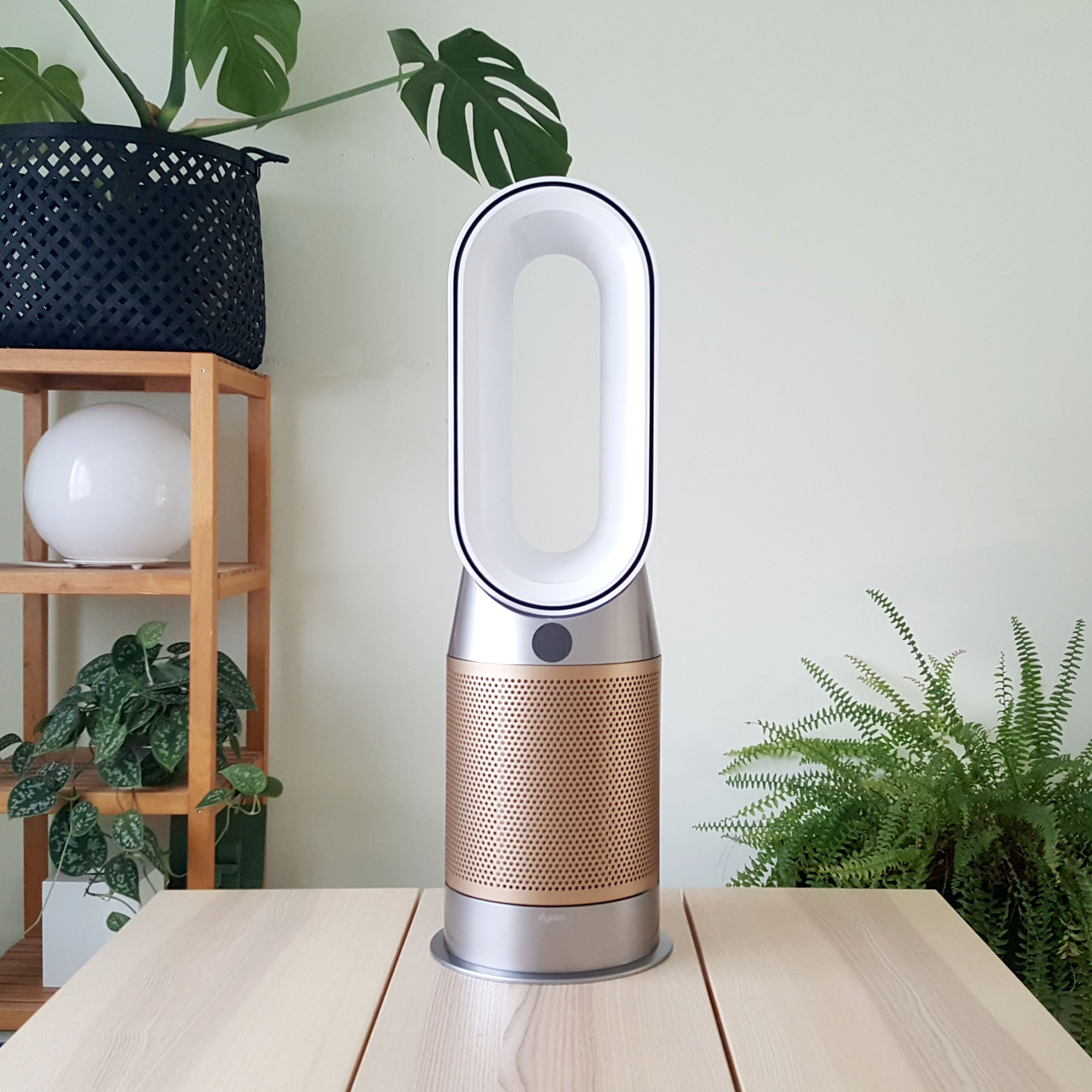
But what about those Dyson fans that sit between the £300 to £600 price bracket? Is a Dyson fan worth it? The thing is Dyson doesn't actually make standalone fans, what that extra £100-200 is paying for is the inclusion of another function entirely . They usually include 2 or 3 functions in one, for example, the most affordable Dyson fan in our buying guide at £399 doubles as an air purifier and fan.
So if you are in the market a heater, air purifier and fan in one, crunch the number beacuse shelling out on a Dyson could be a cost-effective and space-saving solution.
The fans worth paying more for
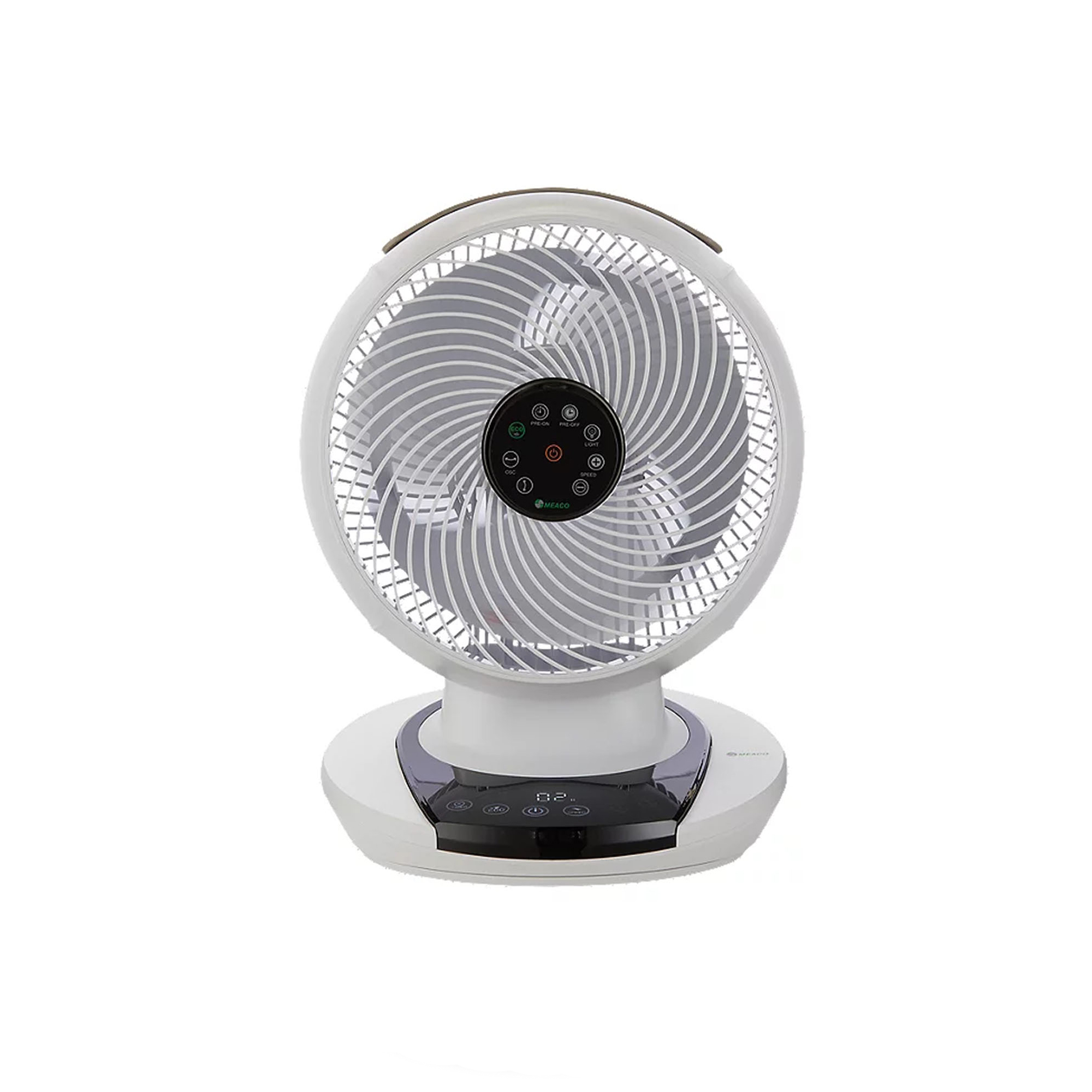
This powerful and quiet fan topped the list as the best fan we tested. It's a testament to how paying around £100 can get you a great fan, but it can also be found on offer for around £80 if you shop smart.
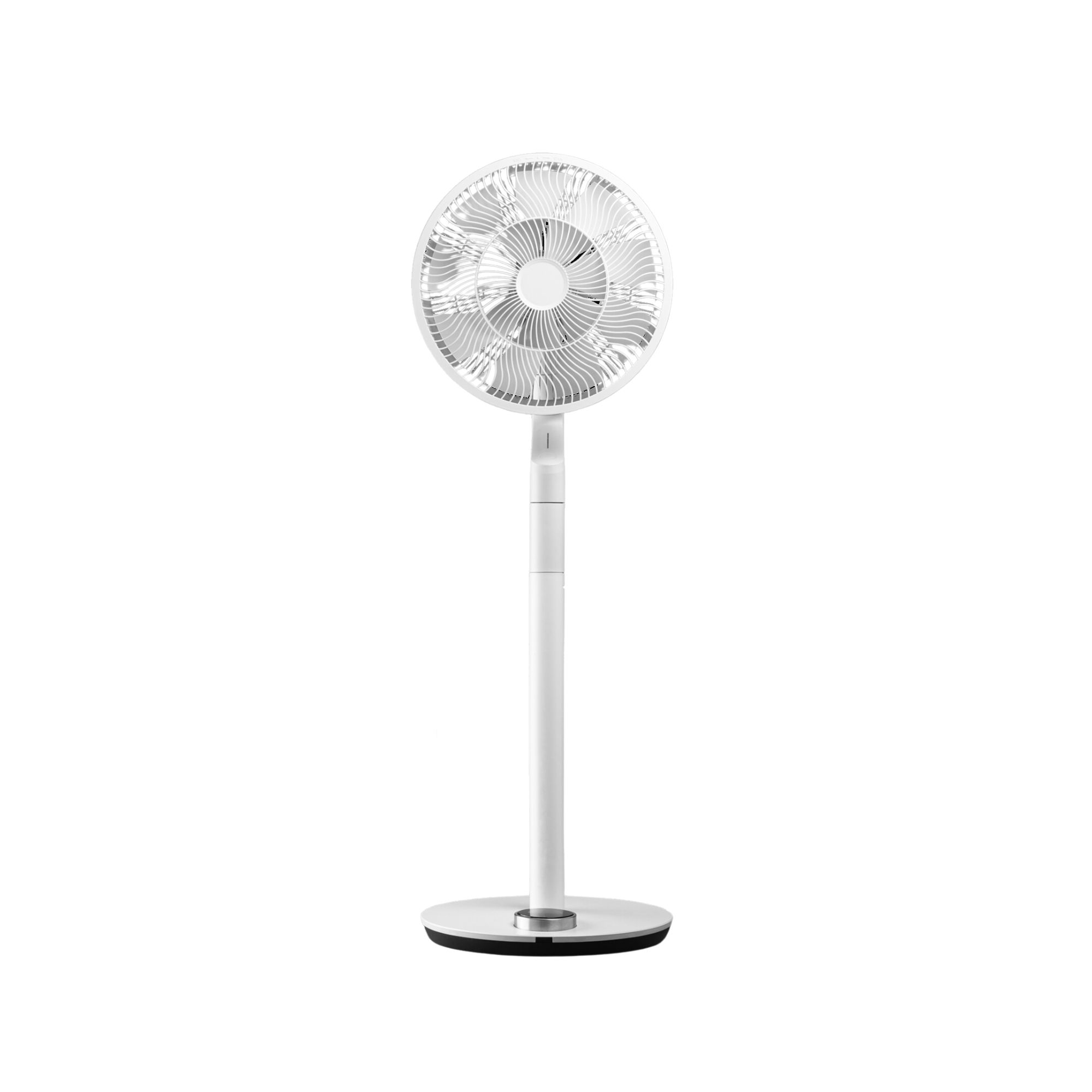
This upgraded version of the Whisper Flex fan replaced the version I bought three years ago in our buying guide. For £40 more it's wireless, smart enabled and the height is adjustable. Plus it is whisper quiet.
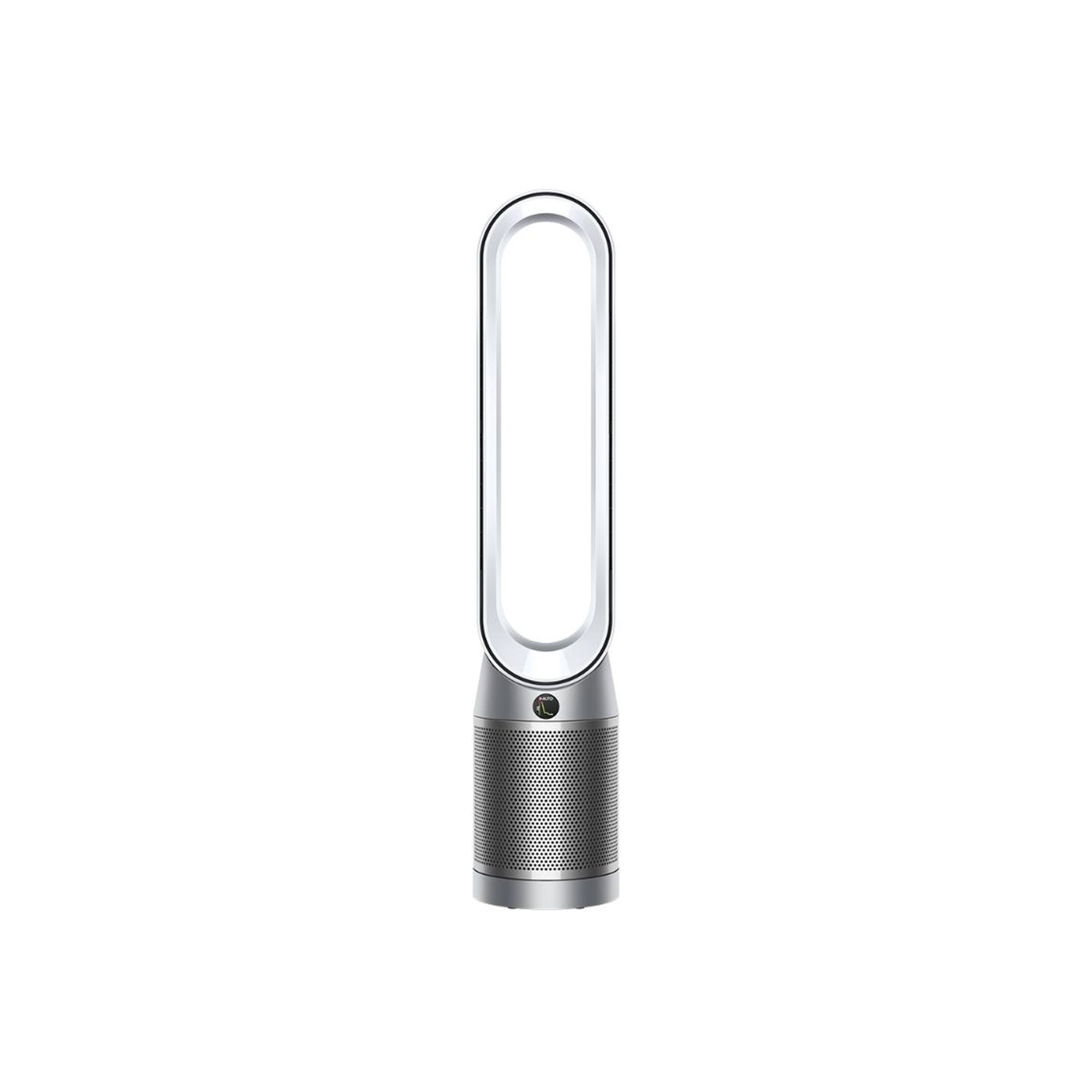
If you're after a multi-tasking bladeless fan then the Dyson is worth its price tag. With this model for £399, you're getting a fan and air purifier in one, saving you splashing out on a second appliance.
Final word
I don't want to tell you that you have to spend over £100 to get a decent fan. In fact, several highly rated fans in our buying guide cost less than £100. Always work within what your budget will allow.
But speaking from experience I took the risk to stretch my budget a little higher, it made all the difference to my comfort levels and sleep quality in summer.
Get the Ideal Home Newsletter
Sign up to our newsletter for style and decor inspiration, house makeovers, project advice and more.

Rebecca Knight has been the Deputy Editor on the Ideal Home Website since 2022. She graduated with a Masters degree in magazine journalism from City, University of London in 2018, before starting her journalism career as a staff writer on women's weekly magazines. She fell into the world of homes and interiors after joining the Ideal Home website team in 2019 as a Digital Writer. In 2020 she moved into position of Homes News Editor working across Homes & Gardens, LivingEtc, Real Homes, Gardeningetc and Ideal Home covering everything from the latest viral cleaning hack to the next big interior trend.
-
 How to attract robins to your garden – experts reveal the exact bird box you need and where to place it
How to attract robins to your garden – experts reveal the exact bird box you need and where to place itRobins are the UK's favourite bird, and this is how you keep them coming back to your garden
By Kezia Reynolds
-
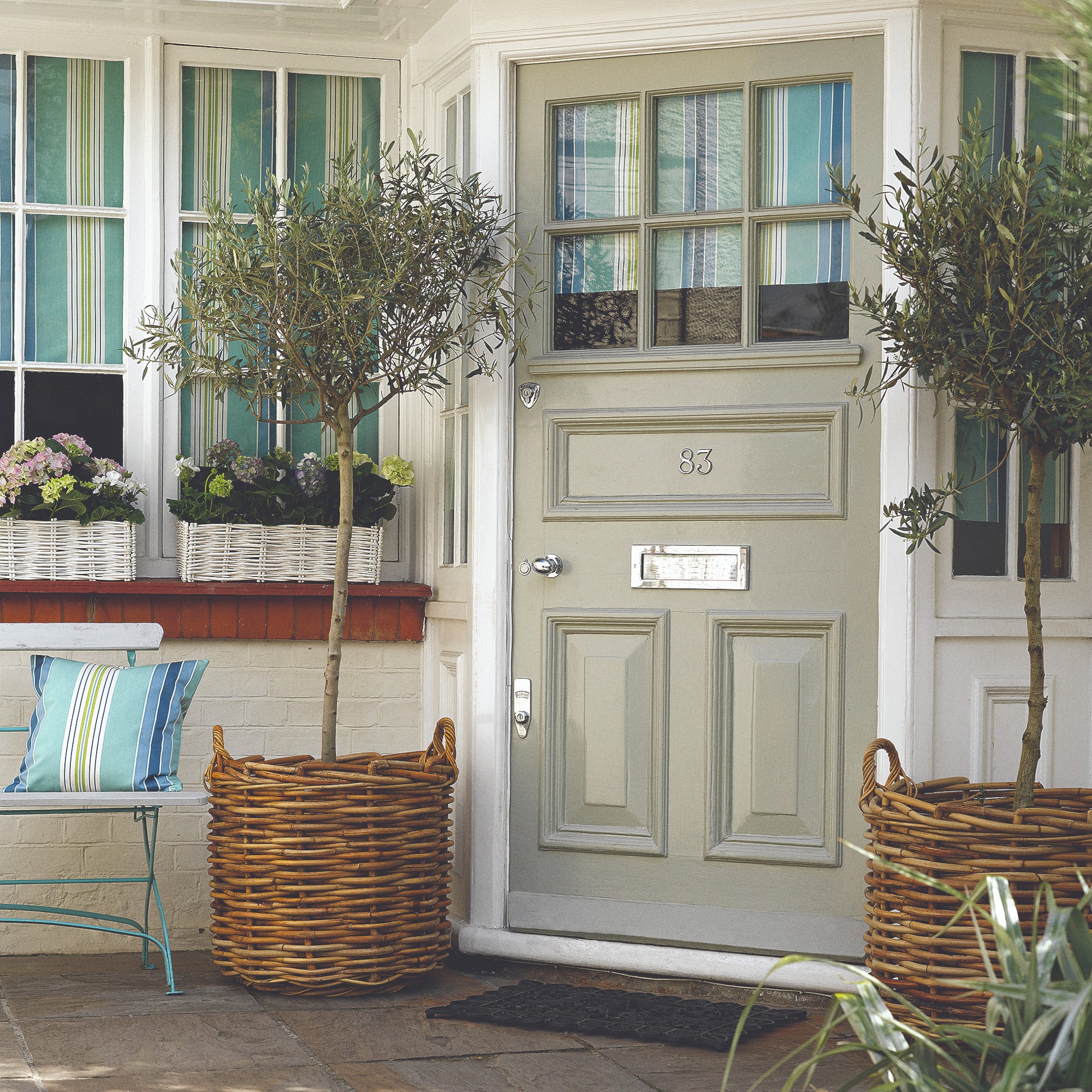 10 of the best plants for a Mediterranean garden for an outdoor space that mirrors the gardens of Italy, Spain, France and Greece
10 of the best plants for a Mediterranean garden for an outdoor space that mirrors the gardens of Italy, Spain, France and GreeceChannel sunnier climes with these plants, shrubs and trees
By Sophie King
-
 Take a tour of this practical, yet brilliantly relaxing family bathroom
Take a tour of this practical, yet brilliantly relaxing family bathroomPractical and relaxing, this family bathroom has it all
By Ali Lovett